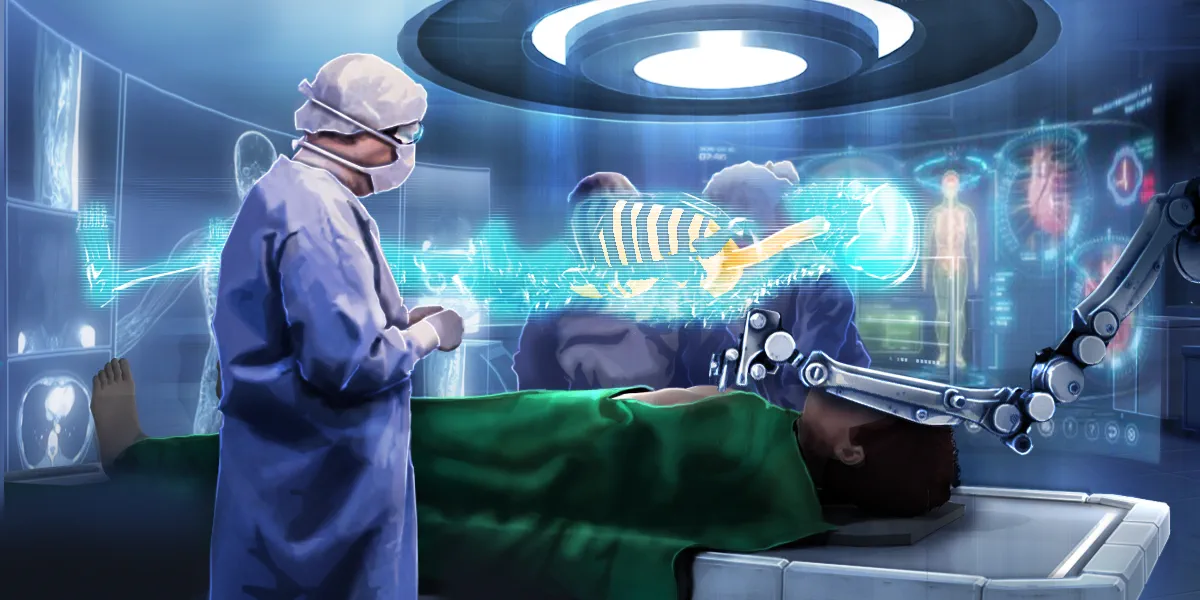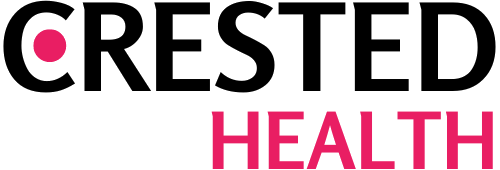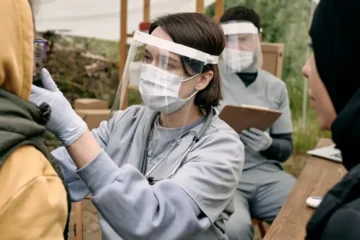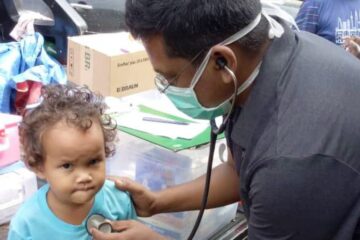General Practitioners (GPs) play a pivotal role in healthcare systems worldwide, serving as the first point of contact for individuals seeking medical assistance. From diagnosing common ailments to managing chronic conditions and promoting overall wellness, GPs offer comprehensive care aimed at guiding patients through their journey to recovery.
Introduction to General Practitioners (GPs)
General Practitioners, also known as family doctors or primary care physicians, are medical professionals trained to provide primary healthcare services to individuals of all ages. They serve as gatekeepers to the healthcare system, addressing a wide range of medical concerns and coordinating patient care as needed.
Role of GPs in Diagnosis
One of the primary responsibilities of GPs is diagnosing medical conditions based on patients’ symptoms and medical history. During the initial consultation, General Practitioners conduct thorough assessments and physical examinations to identify underlying health issues and determine the appropriate course of action.
Treatment Planning by GPs
Once a diagnosis is made, GPs devise comprehensive treatment plans tailored to individual patients’ needs. This may involve prescribing medications, recommending lifestyle modifications, or referring patients to specialists for further evaluation and management.
Follow-up Care and Monitoring
GPs play a crucial role in monitoring patients’ progress and ensuring continuity of care. They schedule regular follow-up appointments to assess treatment efficacy, address any concerns or side effects, and make necessary adjustments to the treatment plan as needed.
Collaboration with Specialists
While GPs provide primary care services, they also collaborate closely with specialists to ensure patients receive specialized care when necessary. This interdisciplinary approach ensures comprehensive treatment and optimal outcomes for patients with complex medical conditions.
Holistic Approach to Healthcare
General Practitioners take a holistic approach to healthcare, addressing not only physical ailments but also mental and emotional well-being. They consider the interconnectedness of various aspects of health and strive to provide personalized care plans that promote overall wellness.
Patient Education and Empowerment By General Practitioners

Empowering patients with knowledge about their health is a cornerstone of primary care. GPs educate patients about their medical conditions, treatment options, and preventive measures, empowering them to take an active role in managing their health.
Accessibility and Convenience
Accessibility to healthcare services is essential for ensuring timely medical intervention and preventive care. GPs prioritize accessibility by offering flexible scheduling options, telemedicine consultations, and convenient clinic locations.
Building Trust and Long-term Relationships
Building trust and fostering long-term relationships with patients are fundamental to the practice of primary care. GPs aim to establish rapport with patients, gaining insight into their unique needs and preferences to deliver personalized care.
Preventive Care and Health Promotion
Preventive care is a cornerstone of primary care practice, focusing on early detection and intervention to prevent the onset or progression of diseases. GPs promote regular health screenings, vaccinations, and lifestyle modifications to promote overall health and well-being.
Addressing Common Health Concerns
General Practitioners are well-equipped to manage a wide range of common health concerns, from acute illnesses to chronic conditions. They provide guidance on managing chronic conditions effectively and offer preventive measures to minimize the risk of complications.
Handling Emergencies and Urgent Care
In addition to routine care, GPs are trained to handle medical emergencies and urgent care situations. They provide timely interventions, stabilize patients’ conditions, and arrange for appropriate referrals or hospital admissions as needed.
Incorporating Technology in Healthcare

Advancements in technology have transformed the way healthcare is delivered, and GPs are quick to embrace these innovations. Electronic health records (EHRs) enable seamless information sharing and collaboration among healthcare providers, while telemedicine allows for remote consultations and follow-up care.
Electronic Health Records (EHRs)
Electronic Health Records (EHRs) have replaced traditional paper-based medical records, providing a centralized digital platform for storing and managing patient information. GPs utilize EHR systems to access patient records, review medical history, track medications, and document clinical encounters. This allows for seamless information sharing among healthcare providers, leading to better coordination of care and improved patient safety.
Telemedicine Advancements
Telemedicine, also known as telehealth, enables remote delivery of healthcare services through telecommunications technology. GPs leverage telemedicine platforms to conduct virtual consultations with patients, providing diagnosis, treatment, and follow-up care without the need for in-person visits. Telemedicine offers greater accessibility to healthcare, especially for individuals in rural or underserved areas, and facilitates timely medical interventions, reducing unnecessary hospital visits and healthcare costs.
Wearable Health Monitoring Devices
Wearable health monitoring devices, such as smartwatches and fitness trackers, have gained popularity among consumers for tracking physical activity, monitoring vital signs, and promoting overall wellness. GPs integrate data from these devices into patient care, allowing for continuous monitoring of health metrics and early detection of potential health issues. By leveraging wearable technology, GPs can empower patients to take a proactive approach to their health and make informed decisions about their lifestyle choices.
Digital Health Apps
The proliferation of digital health apps has provided patients with convenient tools for managing their health and wellness. GPs recommend and prescribe digital health apps that align with patients’ needs, such as medication reminders, symptom trackers, and diet and exercise trackers. These apps promote self-management of chronic conditions, facilitate communication between patients and healthcare providers, and encourage adherence to treatment plans. GPs play a crucial role in guiding patients in selecting reliable and evidence-based digital health solutions.
Artificial Intelligence (AI) in Healthcare
Artificial Intelligence (AI) has emerged as a powerful tool in healthcare, offering capabilities such as predictive analytics, image recognition, and natural language processing. GPs leverage AI-driven decision support systems to assist in diagnosis, treatment planning, and clinical decision-making. AI algorithms analyze large volumes of medical data to identify patterns and trends, helping GPs make more accurate and timely diagnoses and personalize treatment plans based on individual patient characteristics and preferences.
Challenges and Considerations
While technology holds immense promise for transforming healthcare delivery, its integration into primary care practice is not without challenges. GPs must navigate issues such as data privacy and security, interoperability of systems, and digital divide among patient populations. Additionally, the rapid pace of technological advancements requires GPs to continuously update their skills and knowledge to effectively utilize new tools and techniques in their practice.
Challenges Faced by General Practitioners
Despite their crucial role in healthcare delivery, GPs face various challenges in their practice. Time constraints, heavy workload pressures, and the increasing administrative burden often hinder their ability to provide comprehensive and personalized care to patients.
Conclusion
General Practitioners serve as the cornerstone of primary healthcare systems, guiding patients from diagnosis to recovery with compassion and expertise. Their comprehensive approach to care, emphasis on preventive medicine, and commitment to patient empowerment make them invaluable assets in promoting individual and community health.
Technology plays a vital role in shaping the future of primary care, enhancing the quality, accessibility, and efficiency of healthcare delivery. GPs who embrace technology as a complement to their clinical expertise can provide more personalized, patient-centered care and improve health outcomes for their patients.


